

Religious Affiliation
The predominant religion (81.7%) is Christianity. This is followed by Islam (16.9%) with the remaining 1.4% belonging to the other religious groups. With such multiplicity of religious groups, morally the inhabitant stands to benefit from their respective teachings. In addition, unison in diversity is assured since diversity sparks up life. However the interest of these groups needs to be considered especially in developmental initiative. This could delay the process of consensus building. A cross tabulation of religion to that of literacy level reveals that 75% of the Christians are literate with 22% of the Muslims recording the second highest as far as literacy level is concerned. However, illiteracy level was high among the Muslim group. As many as 78% of the Muslims are illiterates.
Ethnic Composition
Akan is the major ethnic group , representing 60.5% of the population. Only 1.4% constitutes Ewes, 37.3% are Northern with the remaining 0.8% constituting other ethnic groups. With Akans being the dominant ethnic group; it therefore implies Twi language can be the effective medium of communication. In linking ethnicity to literacy level, it revealed that 70.7% of the Akan tribe are literate with ethnic from the three northern regions following with 34%. However, illiteracy level was highly recorded among the northerners constituting 65.9% of the population. The prevalence of poverty and people’s behavior towards education is a possible factor behind the hike. However with the introduction of the capitation grant, it is believed the trend would be reversed considering the FCUBE programme.
Traditional Authorities (TAs) and Structures
Traditional Authorities command the respect of large numbers of people and communities particularly in rural areas. There is therefore the need to facilitate a permanent and institutionalized dialogue between government and chieftaincy to ensure the realization of policies. The traditional authorities in the district are dedicated to the development of their traditional areas and the education and enlightenment of their people by providing land and materials for infrastructural projects, mobilization of community for communal labour and arbitration of disputes. They also perform an essential role in support of land administration reform and the protection of the vulnerable and excluded
They therefore offer positive contribution to the economic and social transformation of the Municipality and must be seen as part of the decentralization process. It has three traditional divisions namely Ejura, Sekyedumase, and Anyinasu with Ejura being the largest. From the above contribution of the Traditional Authorities in the Municipality, it can therefore be said that there is a cordial relationship between the traditional authorities and the Assembly which implies that development projects can be implemented successfully for development
Date Created : 11/18/2017 5:42:12 AM
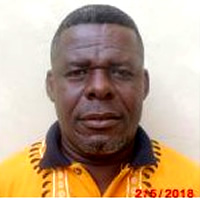
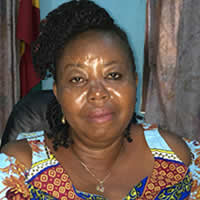
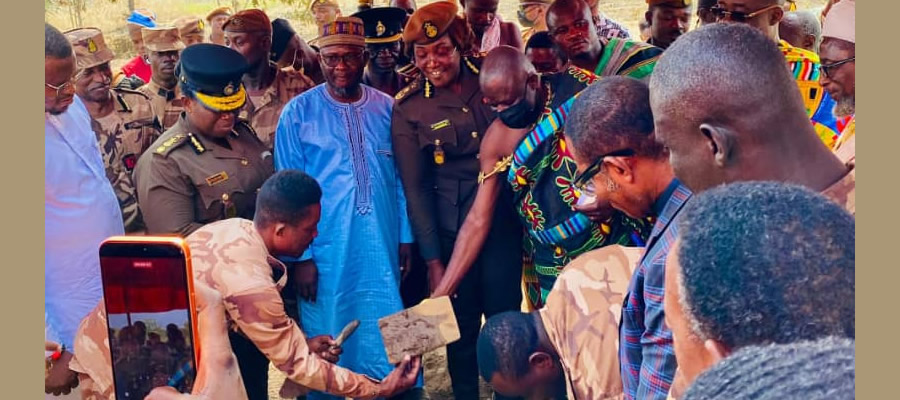
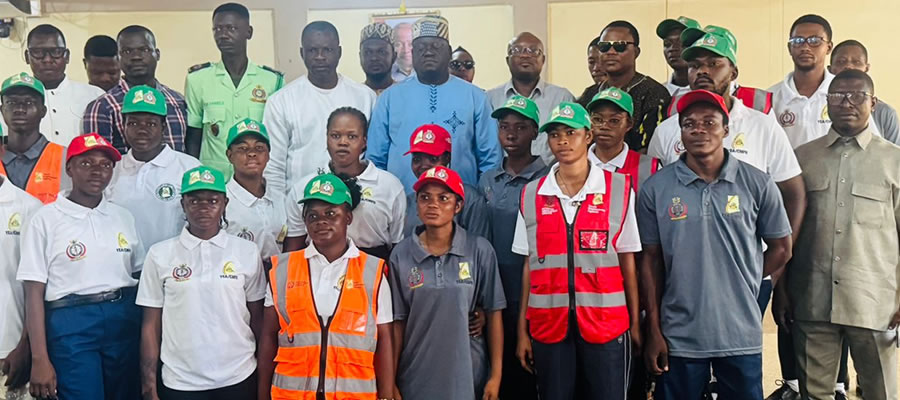
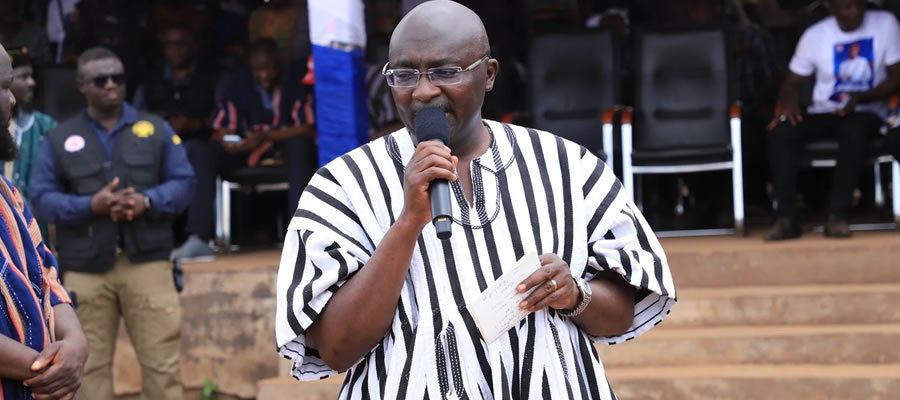






 facebook
facebook
 X
X
 Youtube
Youtube
 instagram
instagram
 +233 593 831 280
+233 593 831 280 0800 430 430
0800 430 430 GPS: GE-231-4383
GPS: GE-231-4383 info@ghanadistricts.com
info@ghanadistricts.com Box GP1044, Accra, Ghana
Box GP1044, Accra, Ghana